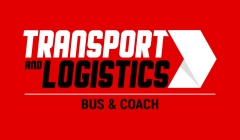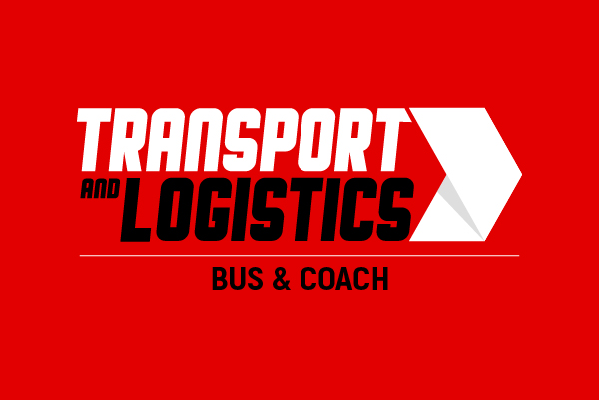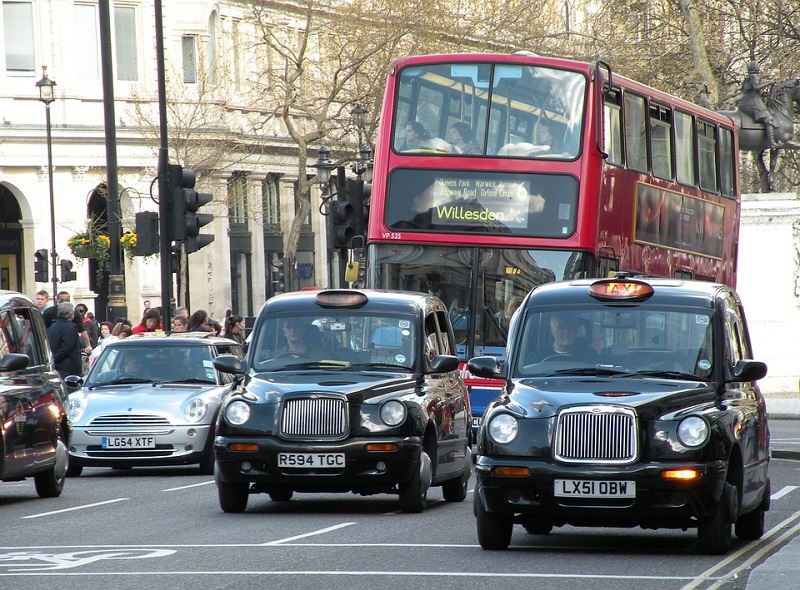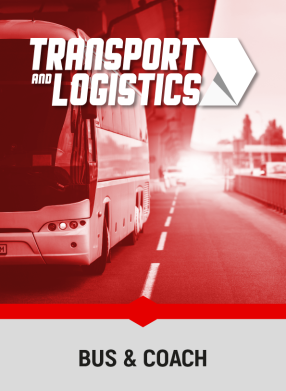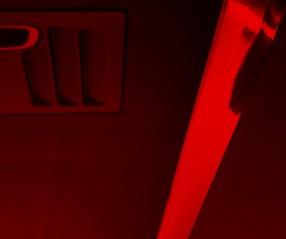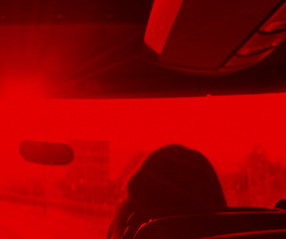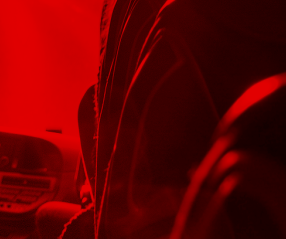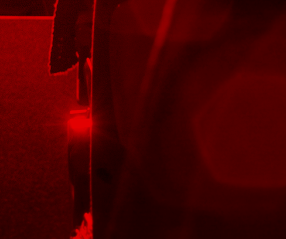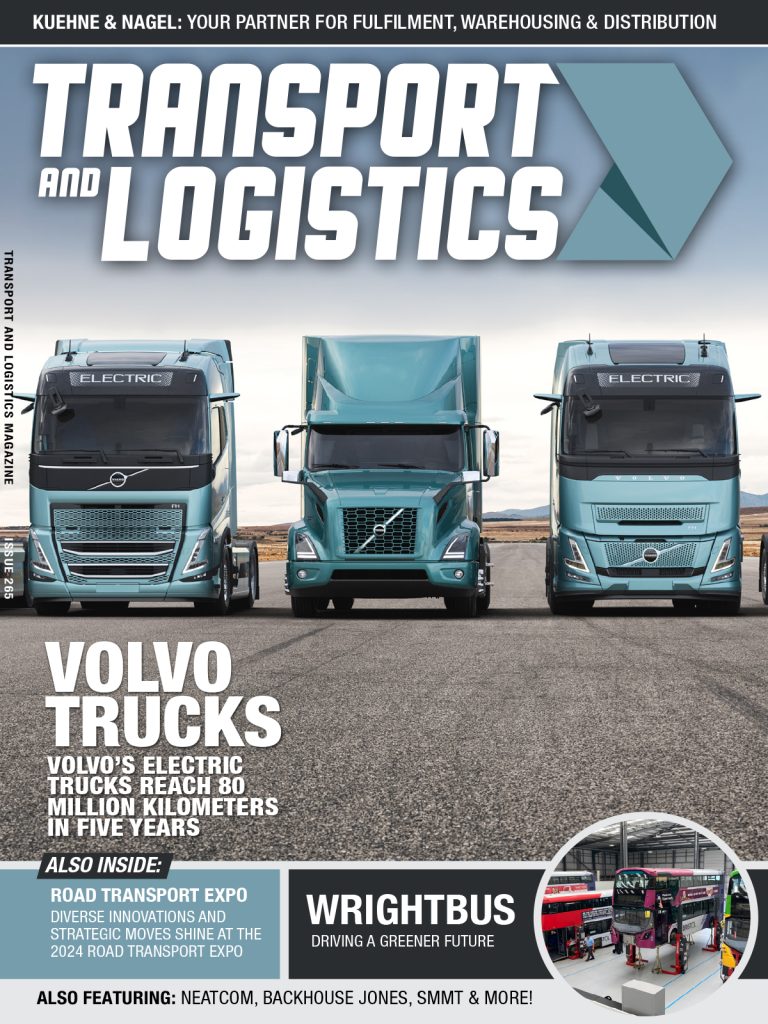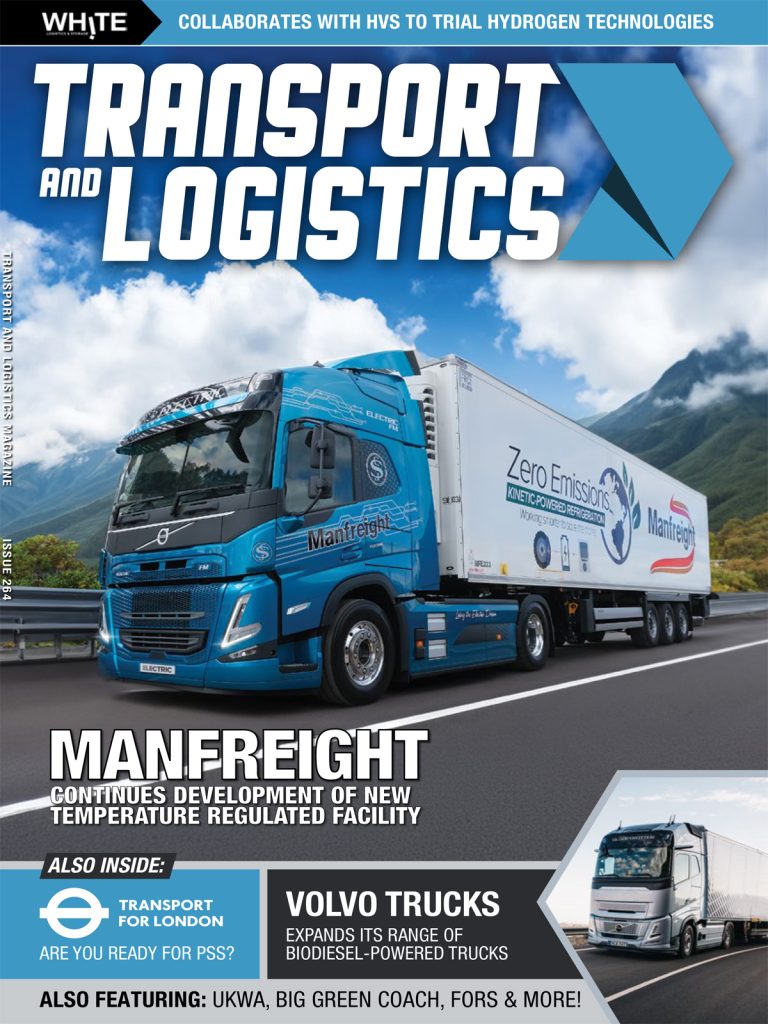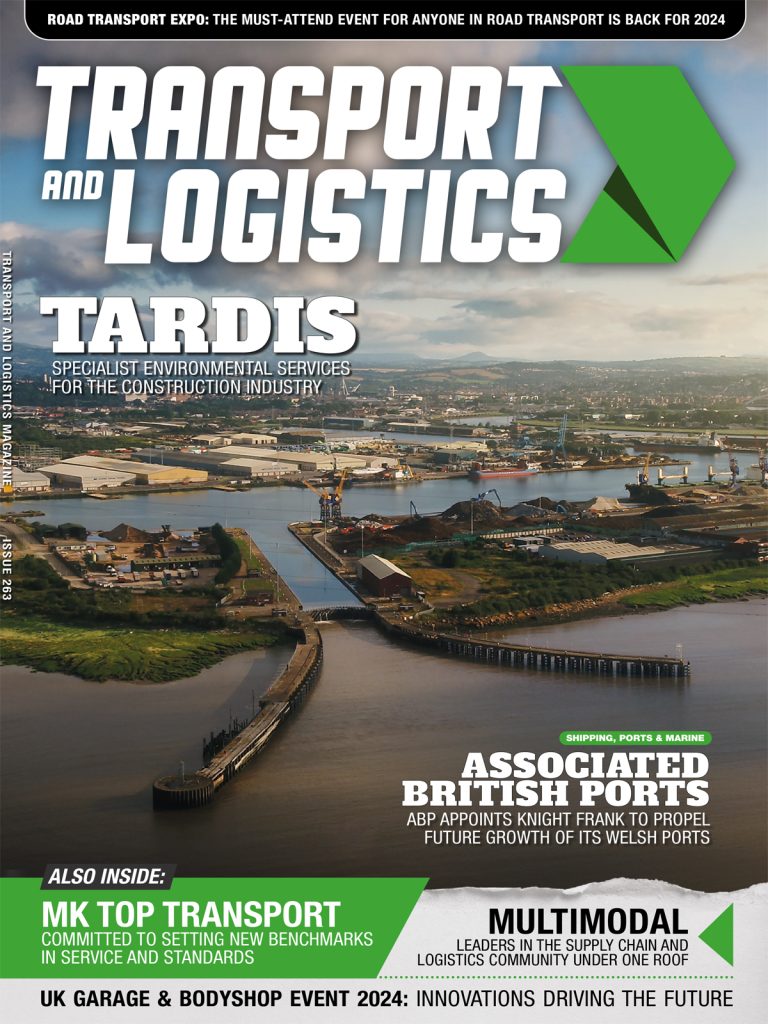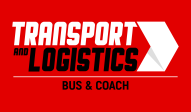Research has shown that swapping private car traffic for new shared mobility services in urban areas has led to a significant reduction in the number of cars that are needed. These new shared mobility services also lead to cuts in CO2 emissions and frees up a great deal of public space that can be used for means other than parking while not making it any more difficult for users to travel from door to door.
These initial results have been seen with shared mobility simulations created with the use of mobility data from Lisbon, Portugal. The results have led to a further study being planned with data and a focus group from Helsinki, Finland.
In these simulations, motorised road trips such as private car, bus and taxi journeys were replaced with different configurations of 6-seater Shared Taxis that can provide on-demand and door-to-door service as well as Taxi Buses, offering a street corner to street corner service that can be booked 30 minutes in advance. With the use of these share services over private car use that could see only one person in a vehicle, all of the current car journeys taken in Helsinki Metropolitan Area could be delivered with only 4% of the current number of private vehicles seen on the city’s roads. This huge reduction of cars on the road has a knock on effect on the level of emissions and congestion.
With the use of shared journeys, as opposed to private car trips, CO2 emissions would be reduced by 34%, congestion would fall by 37% and the majority of the space used for public parking could be used for other purposes. The use of shared mobility solutions also leads to fewer transfers, with less waiting times and shorter travel times in comparison to public transport. By improving the quality of the service in this way, more car users, that normally would opt out of using public transport, would be attracted to the new, more environmentally friendly travel.
